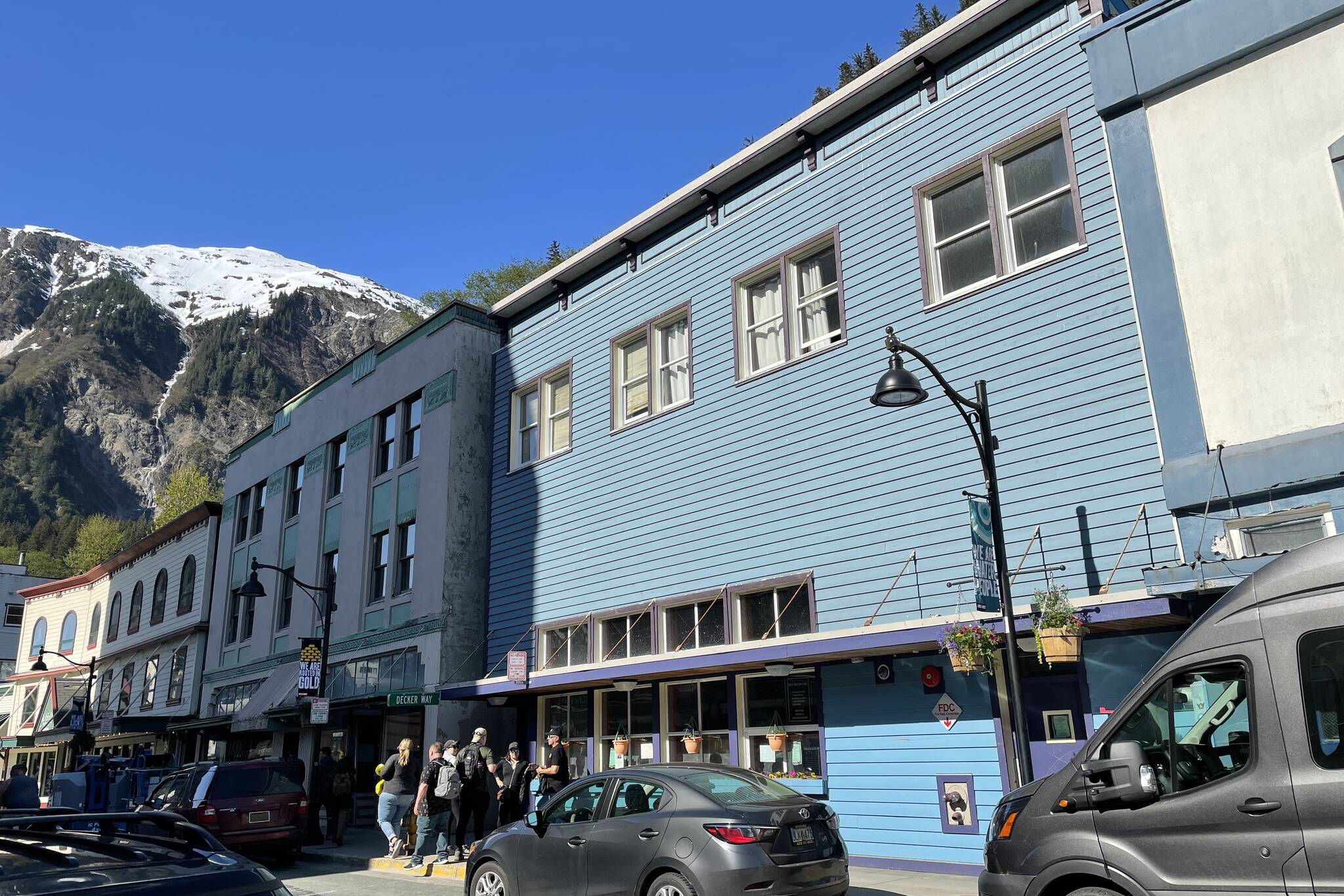Advocates for turning the Glory Hall’s former shelter downtown into low-income housing are hoping the third time’s the charm as the Juneau Planning Commission on Tuesday yet again directed city community development officials to work with the non-profit to obtain a permit for the project.
The proposed project for the building at 247 S. Franklin St. would convert the the former emergency shelter, which could house up to 53 people, into seven apartments able to house a total of 14 people. The application for it has ping-ponged between the planning commission and city Community Development Department since last October.
The most recent action — a quick wrap-up of an “unfinished business” item from June approved unanimously without discussion Tuesday — will stretch the dispute to a full year, with the commission next scheduled to consider the application Oct. 25.
While the project is essentially snared in a bureaucratic and legal web of nuisances, the upshot is The Glory Hall is starting the process over by applying for a conditional use permit to be approved by the commission. But when it does come up for consideration in October a lot of obstacles that led to a cycle of approved/rejected/appealed junctures should no longer be in the way.
The Community Development Department initially rejected construction permits for the housing units largely on the assertion it would increase density in an avalanche hazard zone. The Glory Hall argued, among other things, a 1987 engineering study states the building is not in a severe hazard zone, which the planning commission has cited as a currently valid legal reason to nullify the project’s rejection by city development officials.
Both the Glory Hall and city development officials now agree density isn’t an issue, based on previous discussions and planning commission actions, according to Mary Alice McKeen, in a written argument submitted in advance of Tuesday’s meeting. But she stated there are two remaining issues of concern for the Glory Hall.
“The process leading to the (June) decision was unfair in that TGH did not have the opportunity to respond to CDD’s objections,” she wrote, adding “the decision may have significant consequences, possibly unintended, for other development in mapped hazard areas, namely it appears to prevent any development in mapped hazard areas, except a single family home, without a conditional use permit.”
Juneau Empire reporter Mark Sabbatini can be reached at mark.sabbatini@juneauempire.com

